Unearthing Tomorrow's Energy
Overview
The Amarillo Sky Uranium Project is a premier exploration initiative located in the uranium-rich southwestern Athabasca Basin. Covering approximately 38,182 hectares, it includes both 100%-owned claims by Stallion Uranium and joint venture claims with Atha Energy. The project is strategically positioned in a region known for some of the world's most significant uranium discoveries including Cameco’s Centennial Uranium Deposit.
Stallion Uranium has utilized advanced geophysical techniques, including a MobileMT survey and HeliSAM, to systematically evaluate the property. These surveys have identified three Tier 1 targets, which are now advancing toward drill testing. The exploration strategy is focused on identifying basement-hosted and unconformity-hosted uranium deposits, a model consistent with major discoveries like Cameco’s Centennial deposit.
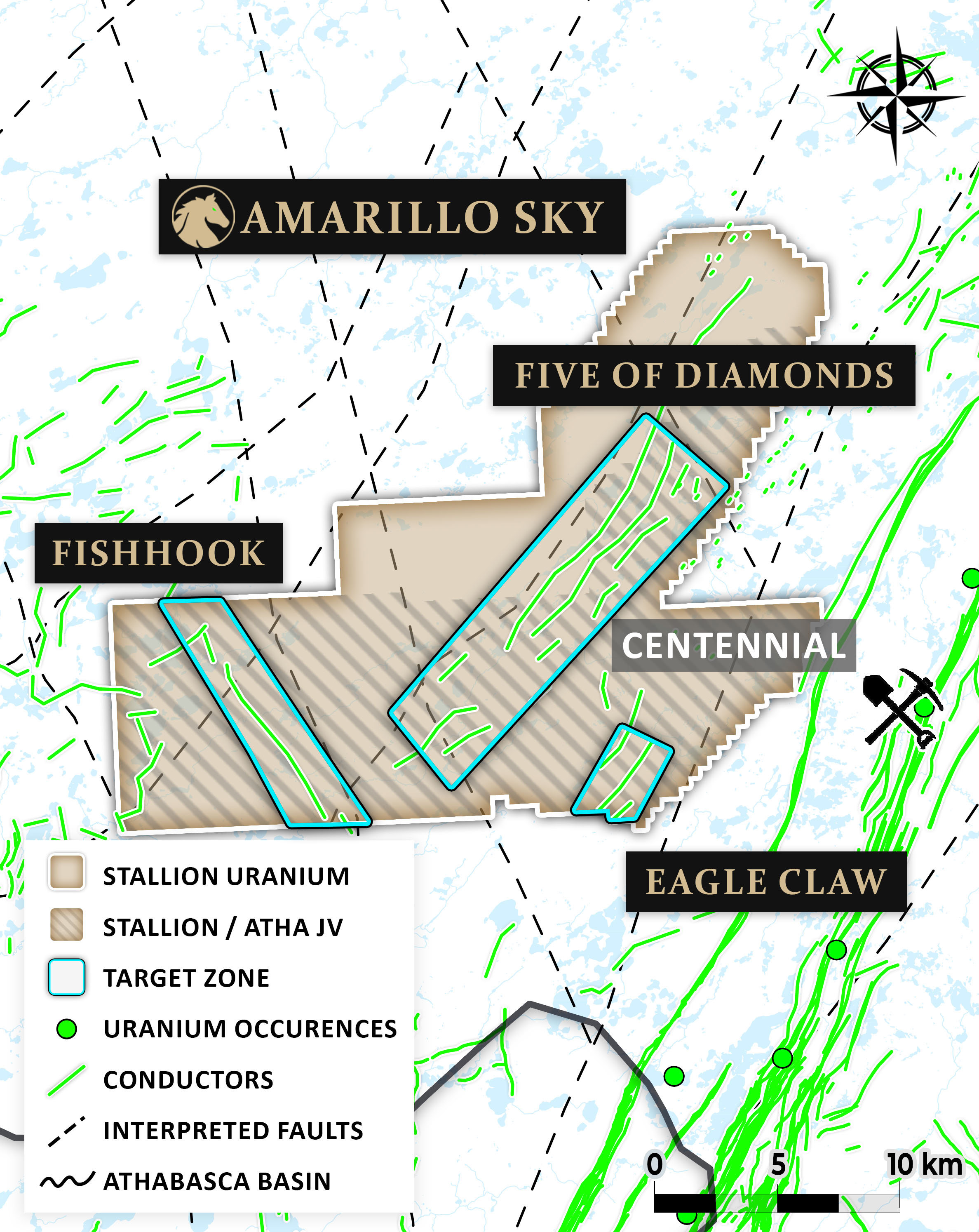
Figure 1 - Amarillo Sky Project
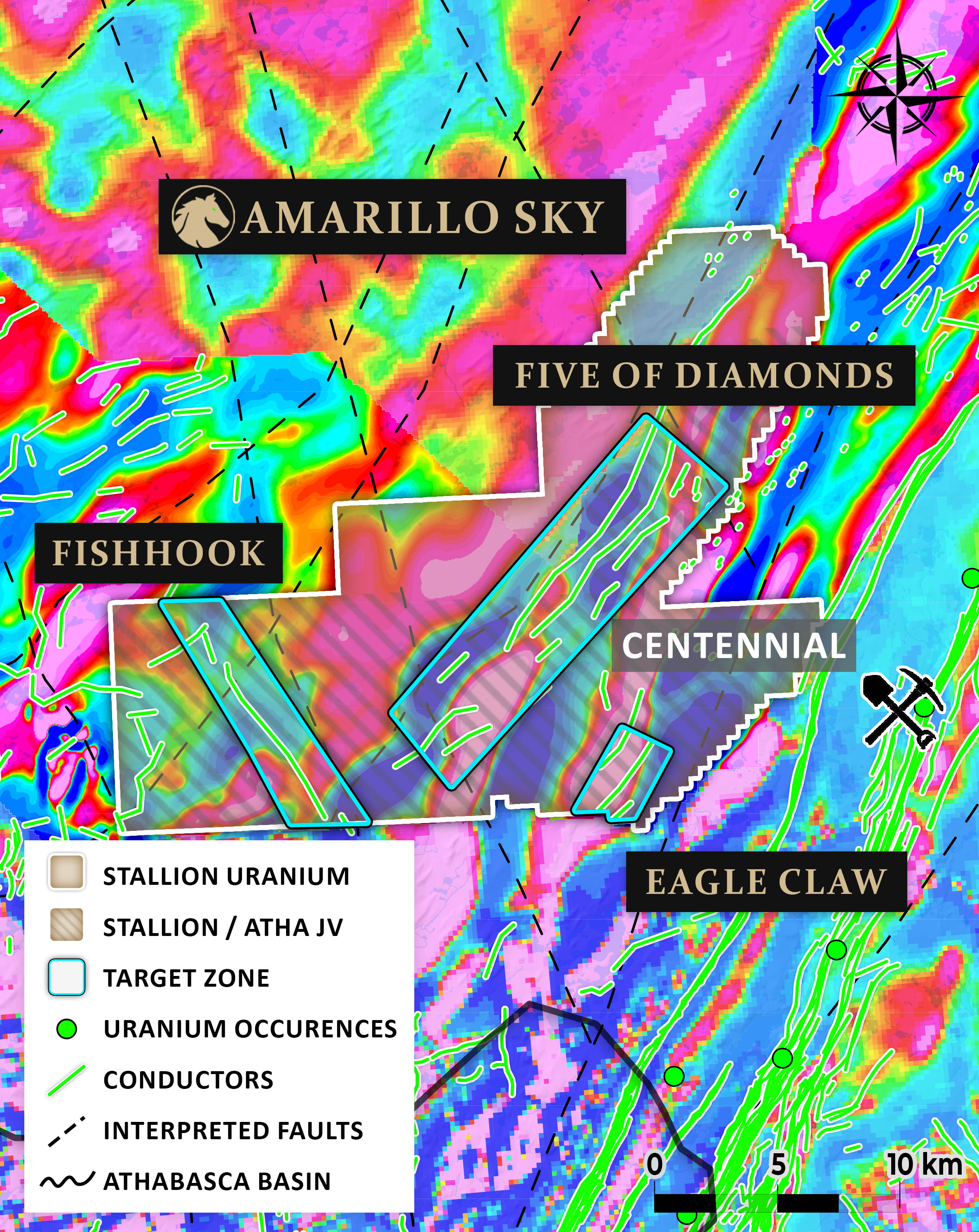
Figure 2 - Amarillo Sky Project - Targets
Exploration Targets
Fishhook Target
The Fishhook Trend presents a highly prospective exploration opportunity, initially identified through advanced MobileMT survey data and modeling. Spanning 18 km within the Stallion Claim, this trend remains completely untested by drilling, offering immense discovery potential. Notably, the Fishhook occurrence, located just 8 km to the south (historically intersected 0.139% U₃O₈)1 further validating the corridor’s uranium potential. Structurally complex conductive trends merge seamlessly into the highly prospective Five of Diamonds Trend, with strong evidence of a massive structural corridor and cross structures—key geological traps ideal for hosting a high-grade uranium deposit. Initially identified with MobileMT Survey and data modeling.
- Fishhook occurrence along trend (historically intersected 0.139% U3O8)1 occurring 8 km to south.
- Stallion Claim hosts 18 kms of the Fishhook Trend and remains untested with drilling.
- Structurally Complex conductive trends merge into the Five of Diamonds Trend.
- Evidence of massive structural corridor and cross structures, which create excellent ‘traps’ for hosting a uranium deposit.
Five of Diamonds Target
The Five of Diamonds target is a 30 km long conductive trend located 16 km west of Cameco’s Centennial Deposit (which has reported intersections of up to 8.8% U₃O₈ over 34 meters)2. The conductor is hosted within a magnetic low and remains entirely untested by drilling, presenting a significant exploration opportunity. Our geophysical interpretation suggests the presence of multiple parallel conductors, which may define a larger structural corridor similar to what we see along the Patterson Lake Trend, where major discoveries like Triple R and Arrow were made. This is the kind of setting that can host district-scale potential, and it's a top priority as we build out our exploration strategy.
- Five of Diamonds Corridor: A 30 km long conductive trend, situated 16 km from Cameco’s Centennial Deposit (which contains intersections up to 8.8% U₃O₈ over 34 meters)2.
- Conductor is hosted in a magnetic low.
- Untested with Drilling.
- 16 km west from Cameco’s Centennial Deposit.
Eagle Claw Target
The extensive conductive trend, spanning over 13 km, was identified through the MobileMT survey. This conductor is hosted within a magnetic and gravity low, suggesting the presence of an appropriate lithological package and alteration potential. Target is located on the western edge of the Virgin River Shear Zone which hosts Cameco’s Centennial Deposit. It features complex magnetic and conductive signatures, indicating an ideal trap for uranium mineralization. Despite its promising characteristics, the area remains entirely untested by drilling.
- Conductive Corridor trend over 6 km identified with MobileMT survey.
- Hosts complex magnetic and conductive signatures which indicates an ideal trap for uranium mineralization.
- Entirely untested by drilling.
Exploration Roadmap
- Completed Ground gravity surveys over targets to identified zones with uranium alteration.
- Ground EM Survey to pinpoint conductive structures for precise drilling target
- The project is positioned for near-term drilling, aiming to validate the highest-priority targets and advance exploration toward potential new discoveries.
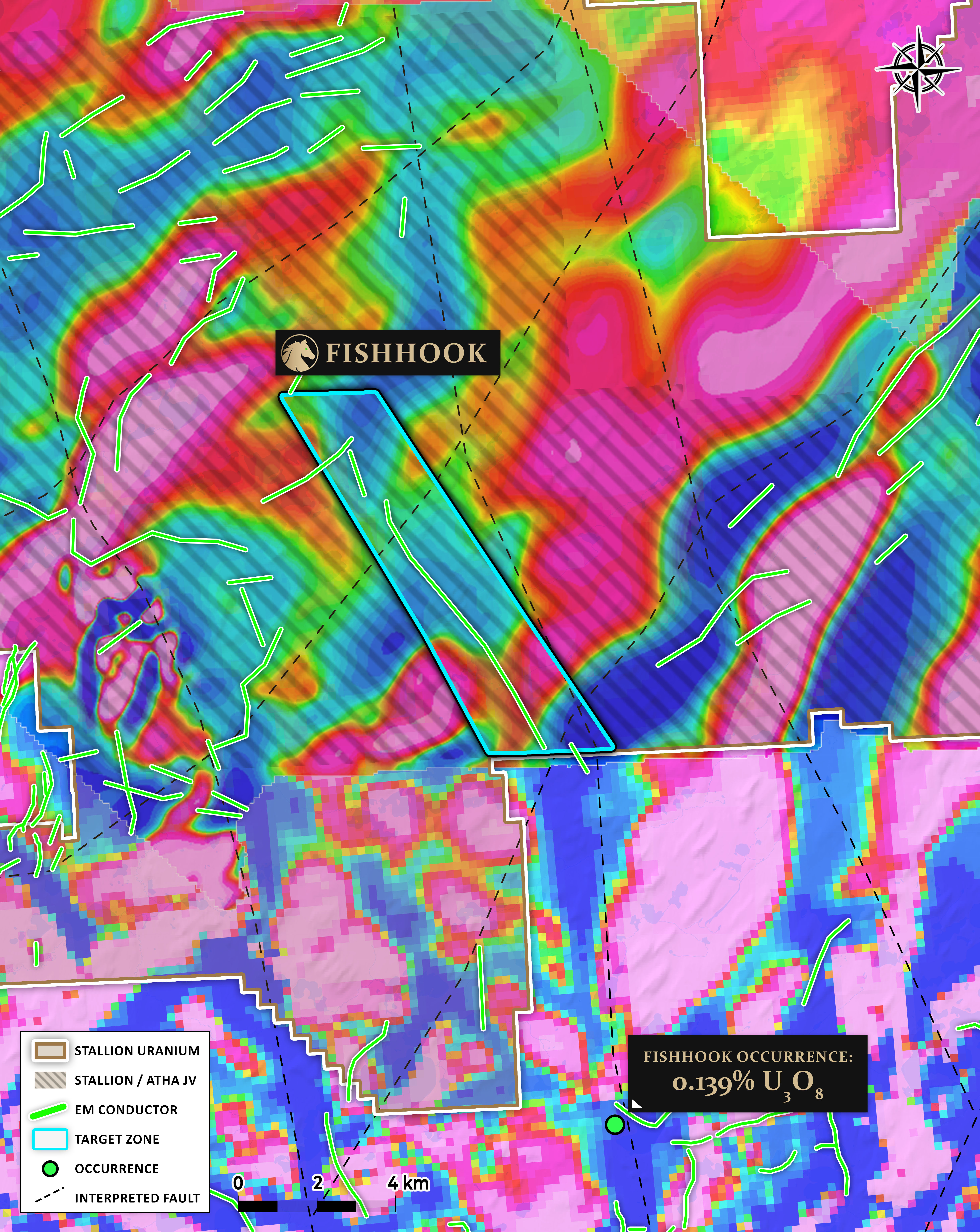
Figure 3 - Amarillo Sky Project - Fishhook Target - Calculated Vertical Gradient of Total Magnetic Intensity over Magnetic First Vertical Derivative
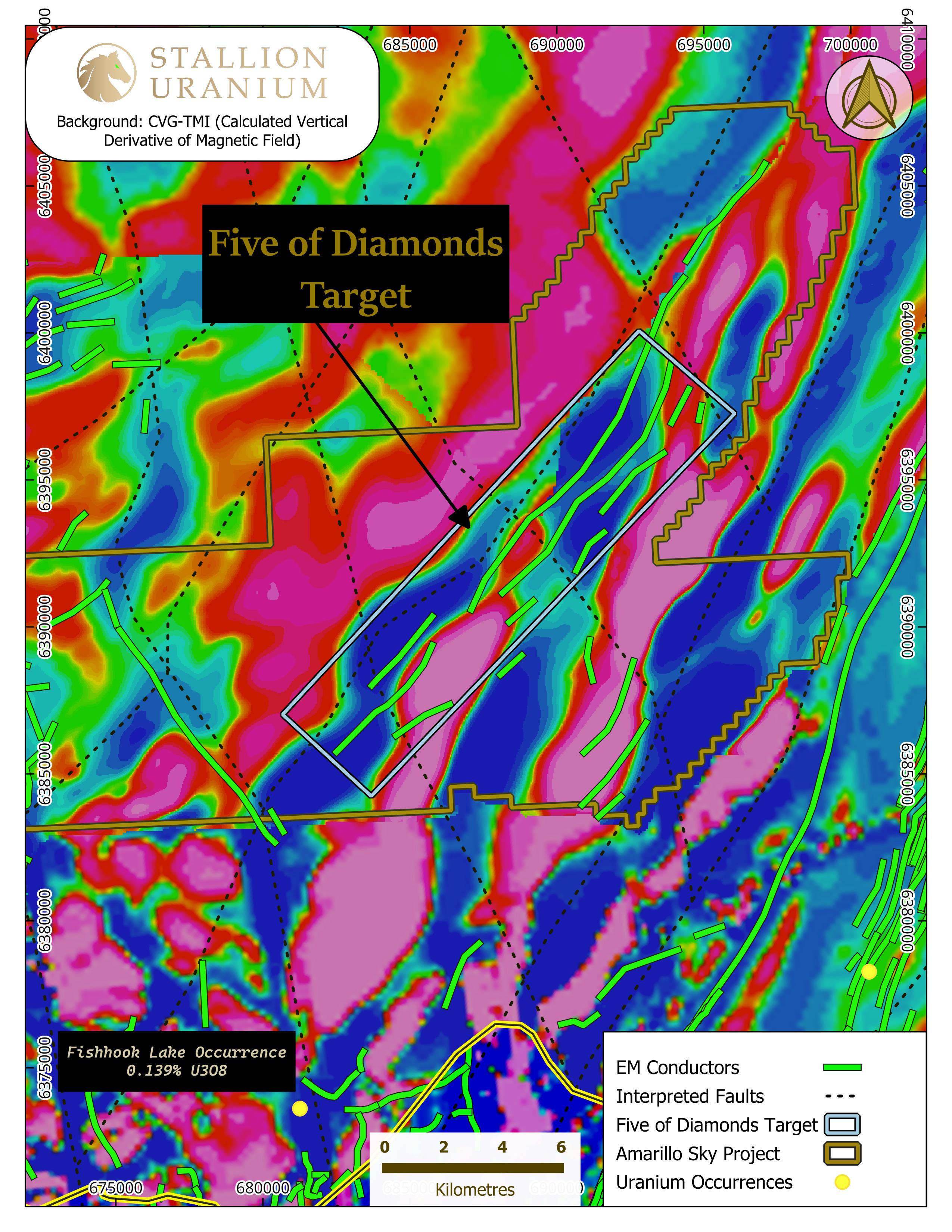
Figure 4 - Amarillo Sky Project - Five of Diamonds Target - Calculated Vertical Gradient of Total Magnetic Intensity over Magnetic First Vertical Derivative
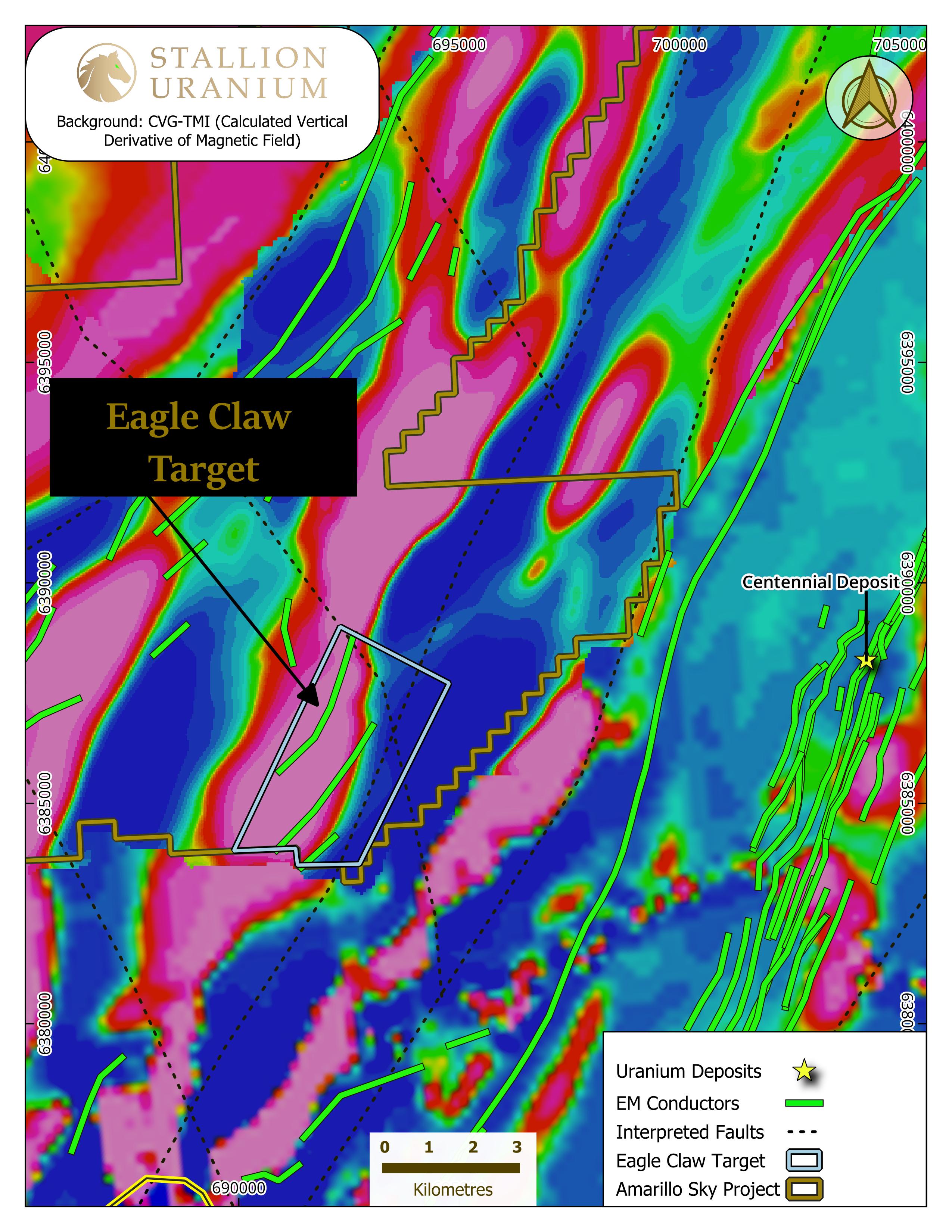
Figure 5 - Amarillo Sky Project - Eagle Claw Target - Calculated Vertical Gradient of Total Magnetic Intensity over Magnetic First Vertical Derivative
References
1 Saskatchewan Ministry of Energy and Resources, Saskatchewan Mineral Deposit Index (SMDI), Occurrence No. 2057, GeoAtlas Database (accessed February 11, 2026).
2 Saskatchewan Ministry of Energy and Resources, Saskatchewan Mineral Deposit Index (SMDI), Occurrence No. 2758, GeoAtlas Database (accessed February 11, 2026).
